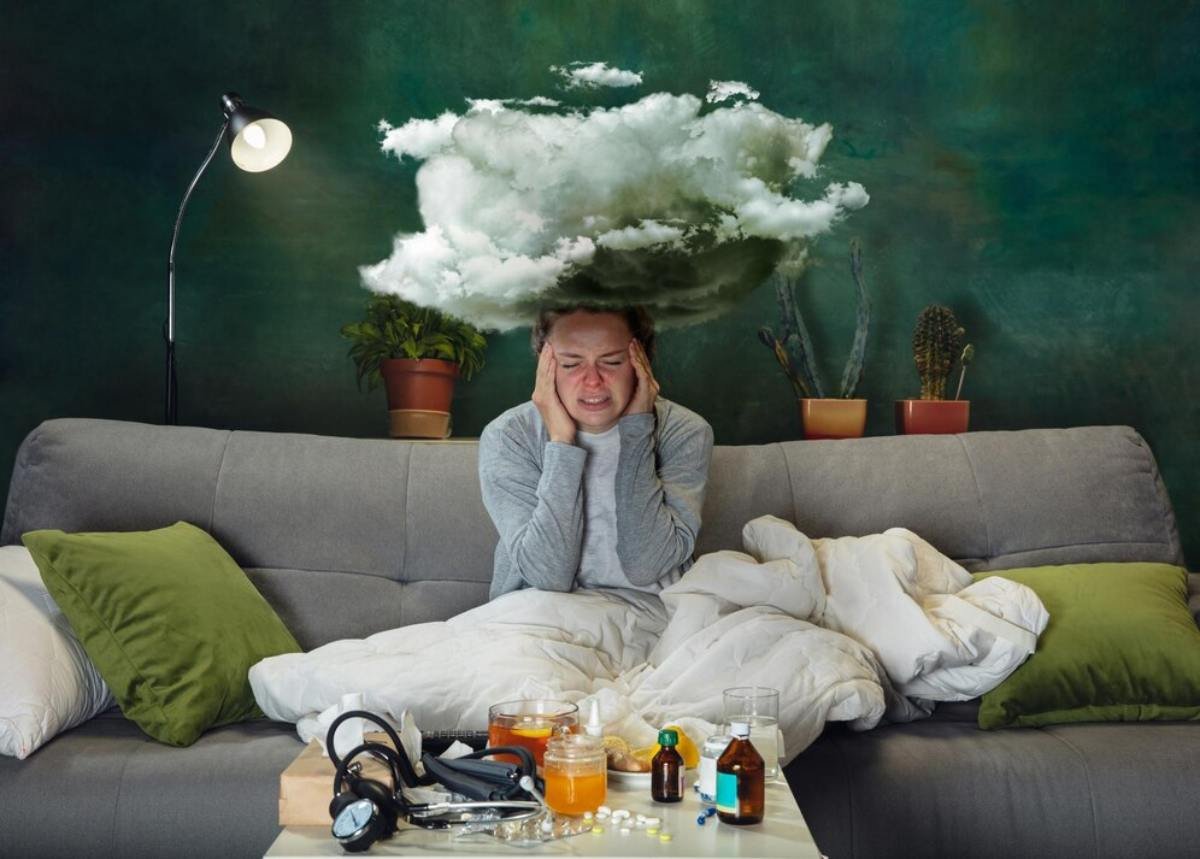Mood stabilizers are an important part of the treatment for mood disorders, especially in cases of depression and anxiety.
Learning about mood stabilisers for depression and anxiety can help you make informed decisions about your mental health care.
This blog will explore how mood stabilizers work, their benefits, and the various options for managing these conditions.
What Are Mood Stabilizers?
Mood stabilizers are drugs designed to have the effect of stabilizing an unstable mood and emotional temperament.
They are primarily used in conditions called bipolar disorder but prove very effective in managing symptoms and aspects of depression and anxiety too.
Mood stabilizers interact with brain chemistry to manage neurotransmitters serotonin, dopamine, and norepinephrine levels.
How Do Mood Stabilizers Help with Depression and Anxiety?
- Regulating Mood: Mood stabilizers help reduce the severity of mood swings to create a more stable state. For depression, they help alleviate symptoms and improve general well-being.
- Reducing Anxiety Symptoms: Many mood stabilizers have anxiolytic activity, which often reduces the symptoms of anxiety. They are generally excellent choices for individuals with a combination of mood and anxiety dysregulation.
- Enhancing Treatment Efficacy: In cases where individuals do not respond to standard antidepressants or anti-anxiety drugs, the addition of a mood stabilizer would be beneficial in the treatment process.
Types of Mood Stabilizers
Then there are numerous types of mood stabilizers, which treat depression and anxiety. Here are some common ones:
1. Lithium
Lithium is, arguably, the oldest and best-known of all mood stabilizers. It can effectively treat episodes of mania within bipolar disorder and can even decrease the number of episodes of depression. Lithium works to affect neurotransmitter activity in the brain.
2. Anticonvulsants
Originally used to treat seizures, anticonvulsants have been found to stabilize mood. The most commonly used are:
- Lamotrigine (Lamictal): Useful for preventing depressive episodes in bipolar disorder.
- Valproic Acid (Depakote): Often used for rapid-cycling bipolar disorder.
- Carbamazepine: Tegretol stabilizes mood and reduces depressive symptoms.
3. Atypical Antipsychotics
Some atypical antipsychotics are also used as mood stabilizers, especially in the treatment of bipolar disorder. These include:
- Quetiapine (Seroquel): FDA-approved as an adjunct treatment for major depressive disorder.
- Aripiprazole (Abilify): Frequently used in combination with other antidepressants for strengthening the efficacy.
- Olanzapine/Fluoxetine Combination (Symbyax): for the treatment of bipolar depression.
Natural Mood Stabilizers for Depression and Anxiety
Some natural treatments may stabilize mood in conjunction with or even instead of medications:
- Omega-3 Fatty Acids: Present in fish oil, omega-3s appear to help maintain brain health and may have a mood-enhancing effect.
- Exercise: Engage in regular physical activity that positively impacts endorphins for better emotional well-being.
- Mindfulness Meditation: it can help reduce symptoms of anxiety and improve emotional regulation.
- Herbal supplements include, among others, such as St. John’s Wort or Rhodiola Rosea which might relieve depression but require to be discussed and confirmed with a doctor.
Best Mood Stabilizer for Depression and Anxiety
The best mood stabilizer varies from one person to the other; it is considered to depend on factors including personal history of health issues, certain symptoms, or possible side effects. Such a medicine or combination of medications should only be determined in liaison with a healthcare professional.
Mood Stabilizers vs Antidepressants
While both mood stabilizers and antidepressants improve the mood, they act differently:
- Mood Stabilizers: Used primarily to treat bipolar disorders by stabilizing extreme swings in moods.
- Antidepressants: They are typically prescribed for major depressive disorder or anxiety disorders by increasing the levels of neurotransmitters like serotonin.
In some instances, patients with bipolar disorder may be treated using all three types of medications to control their condition.
Frequently Asked Questions (FAQs)
Here are some frequently askedd questions about mood stabilizers for depression and anxiety:
Q1: What Are Natural Mood Stabilizers For Depression and Anxiety?
The following are the natural mood stabilizers for depression and anxiety:
The omega-3 fatty acids, exercise, mindfulness meditation, and the herbal supplement St. John’s Wort can be classified as natural mood stabilizers.
Q2: Can Mood Stabilizers Be Used To Treat Anxiety?
Yes, indeed, certain mood stabilizers are known to alleviate anxiety symptoms, especially when accompanied by mood disorders.
Q3: How Do I Know If I Need a Mood Stabilizer?
If there are severe mood swings or persistent symptoms of depression or anxiety that interfere with the normal life cycle, proper health consultation for evaluation and suitable treatment options need to be sought.
Conclusion
The basic understanding of mood stabilizers for depression and anxiety helps someone who has one or the other or maybe even both conditions to manage and regulate their condition more easily.
Whether in pharmaceutical medication or natural cures, knowing what might suit their need for treatment can give better control of the condition and improve overall living standards. So before doing so, always get clearance from your physician.
